Opening an offshore company and offshore bank account can offer numerous advantages but alongside these benefits, you’ve likely encountered a blizzard of acronyms such as KYC, AML, CDD, EDD. But what do they really mean, and how do they affect you as an offshore business owner? In this blog, LNT Consulting will demystify these terms and explain why they are your most important tools for sustainable offshore success.
Think of KYC, AML, and Due Diligence as three interconnected pillars that support the legitimacy and security of your business. They work together to build trust with banks, regulators, and partners.
What is KYC?

KYC stands for Know Your Customer. It refers to the process by which financial institutions and service providers verify the identity of your clients, partners, and even yourself as the Ultimate Beneficial Owner (UBO) of your company. The goal is to prevent fraud and financing of illegal activities.
As an offshore business owner, KYC usually involves providing:
- Proof of Identity: A clear, valid, government-issued photo ID (passport, ID card or driver’s license).
- Proof of Address: A recent utility bill or bank statement (typically less than 3 months old) showing your name and residential address in English.
- Corporate Documents: Certificate of Incorporation, Memorandum & Articles of Association, and a Register of Directors/Shareholders for your company.
- Source of Fund Declaration: Bank statement or recent job experiences within the last 5-7 years
Without solid KYC, a bank or service provider has no idea if they are offering services for a legitimate entrepreneur or an international criminal. As the business owner, providing these documents promptly, quickly and clearly is the first step to building a trusted relationship with your bank and corporate service provider.
What is AML?

If KYC identifies who you are, AML is the framework designed to stop bad actors from doing bad things. AML stands for Anti-Money Laundering, it refers to the laws, regulations, and procedures designed to detect and prevent criminals from disguising illegally obtained funds as legitimate income. AML policies are what your bank uses to detect and report suspicious activity.
For offshore businesses, AML compliance normally includes:
- Keeping transparent and traceable records
- Avoiding transactions with sanctioned countries or individuals – refer to FATF list
- Monitoring transactions for unusual or suspicious activity frequently
- Frequent deposit and money transfer out that matches with the nature of business and accessible to transparent supporting documents (invoice, contract, bill of lading, bank statement,…)
Complying with AML regulations not only supports the global fight against financial crime, but also protects your business from serious risks. Without clear and verifiable sources of funds, you may face account freezes, declined transactions, and heightened scrutiny from regulators and financial institutions.
What is Due Diligence?

Due Diligence is the broader process of investigation. It’s the practical action of gathering the KYC information and analyzing it through an AML regulation & tools to determine a customer’s risk profile, and it often includes ongoing monitoring. There are two main levels:
– Customer Due Diligence (CDD): This is the standard, baseline check performed on all customers and their business nature. It involves verifying the identity and assessing the risk based on the information provided during the KYC process.
– Enhanced Due Diligence (EDD): This is a much deeper investigation required for clients deemed “high-risk.” You might be considered high-risk if you are:
- A Politically Exposed Person (PEP) or have close ties to one.
- Operating in a high-risk industry.
- Doing business in or with a high-risk jurisdiction.
- Engaging in very large or complex transactions.
EDD involves gathering more extensive information, such as a Source of Wealth statement, detailed business plans, and evidence supporting the origin of your capital.
– Ongoing Due Diligence: Periodic reviews and monitoring to ensure continued compliance.
Service providers — especially those helping with company formation, bank account opening, or payment solutions — need to conduct due diligence to protect themselves and comply with international laws. Delays or denials often result from incomplete or inaccurate due diligence.
What should you do?
To streamline your experience and increase your chances of success, let’s:
- Be Prepared & Organized: Before you even approach any financial institutions, gather your core documents. Have high-quality digital copies of your certified passport, proof of address, CV, and a professional business plan ready to go.
- Be Transparent: Don’t try to hide ownership with overly complex structures unless there is a legitimate reason for it. Explain your business model and your source of wealth clearly and honestly. Banks and service providers are trained to spot evasion.
- Choose Reputable Partners: Your Corporate Service Provider (CSP) and legal advisors are your guides. Work with firms that take compliance seriously—they will protect you in the long run.
- Keep Records Updated: Compliance is not a one-time event. Be prepared for periodic reviews where your corporate service providers or banks will ask for updated documents.
KYC, AML, and Due Diligence aren’t obstacles designed to slow you down. They are the essential pillars of a secure and trustworthy financial system and, by extension, protect your business.
As an offshore business owner, embracing these requirements not only positions your offshore business just for survival, but for long-term, sustainable success in the modern global economy. By being proactive, organized, and transparent, you can avoid unnecessary delays and make your offshore operations smooth and sustainable.
Do you need help with offshore compliance? Our team specializes in offshore company formation, banking support, and regulatory compliance. Contact us today to learn how we can simplify the process for you.





